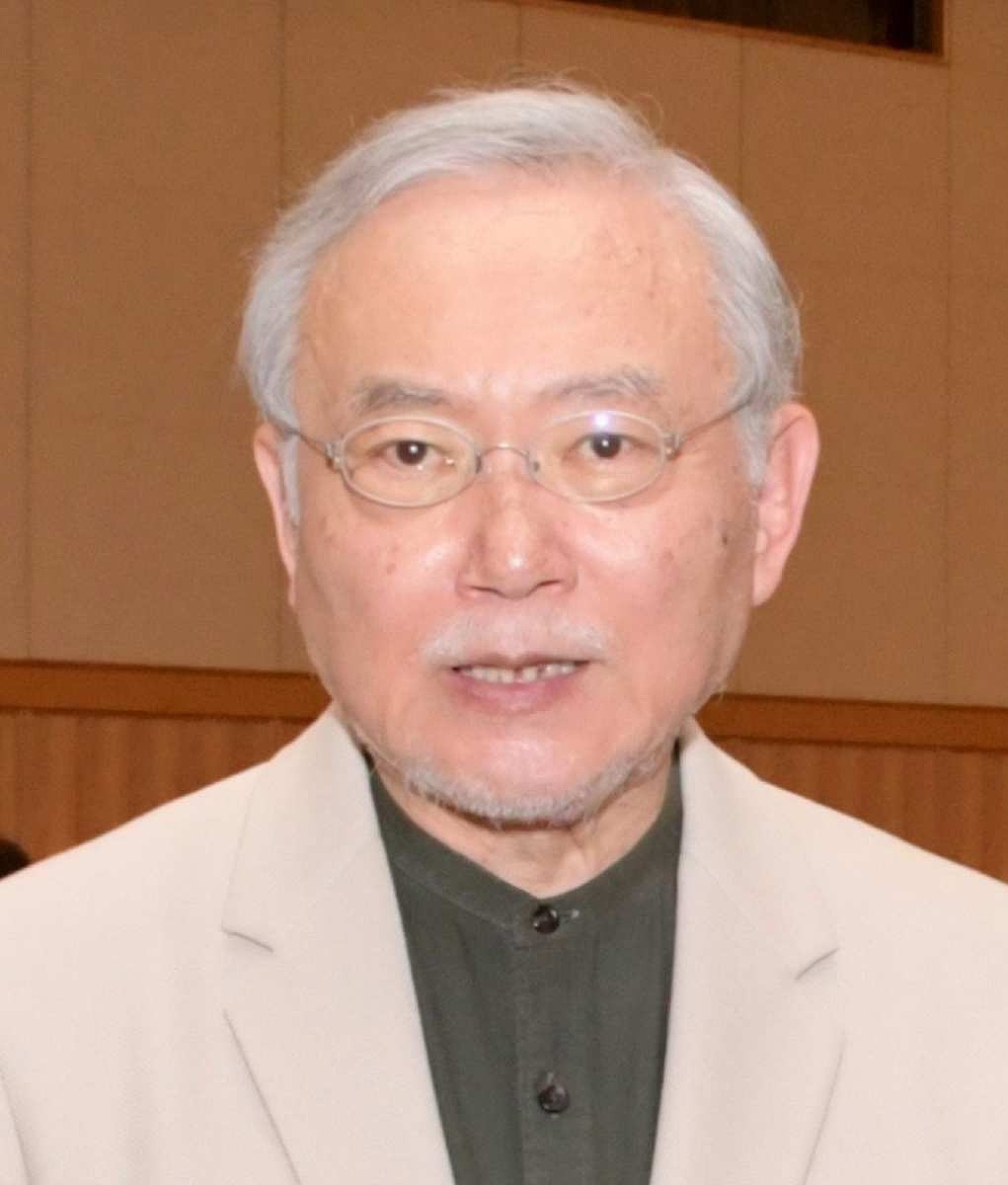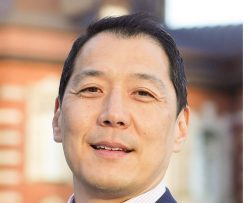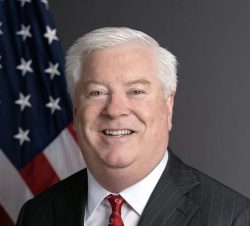Ambassadors Skipping Peace Ceremony Showed Poor Form; People of Nagasaki Slighted In Pro-Israel Gesture

Kagefumi Ueno
12:00 JST, October 2, 2024
All six ambassadors to Japan from the Group of Seven nations, such as the United States and Britain, as well as the European Union’s envoy, skipped the ceremony in Nagasaki on Aug. 9 to mourn the victims of the U.S. atomic bombing of the city. They sent lower-ranked officials instead, citing the fact that Israel was not invited to the annual event.
They basically argued that it was unacceptable that Nagasaki Mayor Shiro Suzuki, who hosted the memorial event, treated Israel in the same manner as Russia. Suzuki had decided not to invite the Israeli ambassador as well as not inviting the envoys of Russia and its ally Belarus.
The ambassadors who absented themselves wanted to stress that the Jewish state was the victim of horrible attacks by militant groups in Gaza and is legitimately exercising its right of self-defense while Russia is the aggressor against Ukraine, unlawfully violating the sovereignty of its neighbor.
Prior to making their decision to skip the ceremony, they had requested that the mayor reconsider his intention not to invite the Israeli ambassador.
However, their logic was probably unacceptable to the mayor because most Nagasaki residents were apparently displeased by Israel’s disproportionate and exceedingly violent military operation. It was hardly possible for the mayor to neglect the people’s sentiment. His decision must have been based on logic similar to that which led about 70 U.S. lawmakers to skip Israeli Prime Minister Benjamin Netanyahu’s address to a joint session of Congress in July.
It was certainly problematic that the mayor repeatedly, perfunctorily and unconvincingly said that his decision was made not for political reasons but due to security concerns. The mayor should have been more candid about his stance. This clumsy and rigid manner of the mayor, I guess, must have irritated and stiffened the Western envoys, thus eliminating the narrow window for a soft landing.
Even so, it would have been much better if they had heeded and cared about the sentiments of the people there more profoundly, rather than dwelling on diplomatic haggling. In fact, the sentiments of the people of Nagasaki — especially those of A-bomb victims’ families — appeared to be sidelined in the diplomatic tug-of-war between the envoys and the mayor.
That was unfortunate. The envoys did too much, unnecessarily and disproportionately. Why did they have to act en masse? Doing so made their action look ostentatious. Their strident approach ruined the indispensable tranquility that Nagasaki residents needed to mourn victims at the sacred annual event.
Is it really a principal job for Japan-based diplomats to pursue the interests of a third country within Japan — even more than paying due respect to the local authorities’ independent decision and the local people’s sentiments?
All in all, the envoys ended up punishing the peace-loving people of Nagasaki and missing the chance to pray together for peace.
Kagefumi Ueno is a civilization essayist and a former Japanese ambassador to Guatemala (2001- 04) and the Holy See (2006-10).Top Articles in Editorial & Columns
-

Riku-Ryu Pair Wins Gold Medal: Their Strong Bond Leads to Major Comeback Victory
-

40 Million Foreign Visitors to Japan: Urgent Measures Should Be Implemented to Tackle Overtourism
-

China Provoked Takaichi into Risky Move of Dissolving House of Representatives, But It’s a Gamble She Just Might Win
-

University of Tokyo Professor Arrested: Serious Lack of Ethical Sense, Failure of Institutional Governance
-

Policy Measures on Foreign Nationals: How Should Stricter Regulations and Coexistence Be Balanced?
JN ACCESS RANKING
-

Japan PM Takaichi’s Cabinet Resigns en Masse
-

Japan Institute to Use Domestic Commercial Optical Lattice Clock to Set Japan Standard Time
-

Israeli Ambassador to Japan Speaks about Japan’s Role in the Reconstruction of Gaza
-

Man Infected with Measles Reportedly Dined at Restaurant in Tokyo Station
-

Videos Plagiarized, Reposted with False Subtitles Claiming ‘Ryukyu Belongs to China’; Anti-China False Information Also Posted in Japan























